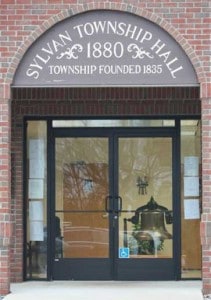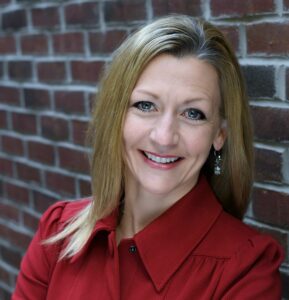
By Lisa Carolin
A discussion about the pros and cons of legalizing medical marijuana was the subject of a public hearing held prior to the Sylvan Township Board meeting Sept. 5.
Townships in Michigan have until December of 2017 to adopt an ordinance about legalizing medical marijuana; otherwise, all marijuana facility activities will become illegal in that township.
Bob Hendricks, a business lawyer from Grand Rapids, who advises clients on the legalization of marijuana, spoke at the public hearing.
“The 2008 Michigan Medical Marijuana Act was approved by the majority of Sylvan Township residents,” said Hendricks, who believes there would also be a majority of township residents supporting an ordinance now.
He said that as of 2016, there were 220,000 medical marijuana patients in Michigan.
“A municipality is authorized to charge each medical marijuana facility no more than $5,000 annually,” he said, adding that an excise tax of 3 percent of provisioning centers would go to municipalities that opt in, averaging about $10,000 per licensee.
Hendricks talked about the five types of licenses: grower, processor, secure transport, provisioning center, and testing lab.
Representatives from SRSLY spoke about the dangers of the marijuana industry and have been asking local communities to take the pledge, “Seriously support protecting our communities from the marijuana industry by signing the pledge.”
SRSLY representatives spoke about the use of marijuana increasing among youth in areas with medical marijuana dispensaries. They said that one in six people who use marijuana before the age of 18 will become addicted, and that marijuana use in youth has been linked to lower IQ scores.
Lt. Detective Dale Smith from the Michigan State Police, shared statistics about the increased use of marijuana by youth in Colorado where recreational marijuana was legalized in 2013. He said that youth use of marijuana there increased 20 percent in the two years after it was legalized. He also said that from 1999 to 2011, the THC levels in marijuana have increased from 4.67 percent to 11.42 percent.
Audience members had an opportunity to ask questions which included, “What is the difference between medical marijuana and recreational marijuana?” (The law makes no distinction.) and “Must municipalities decide by Dec. 15?” (No.)
During the board meeting, Washtenaw County Commissioner Kent Martinez-Kratz spoke about a millage on the November ballot in the county that he does not support. It’s one mill for eight years and is for public safety and community health with 38 percent going toward Community Mental Health, 38 percent to the County Sheriff’s Department, and 24 percent would be returned to the cities.
The board unanimously approved the recent audit results (which can be seen on the township website) and approved a new three-year contract with current auditors Pfeffer, Haniford, Palka, PC.
Board member Kurt Koseck, who chairs the recently formed Advisory Committee on Water Debt, told the board that the committee is talking about the bond payoff, listing options, and developing a list of pros and cons.
The board approved rescheduling their Nov. 7 meeting to Nov. 14 due to the election.














